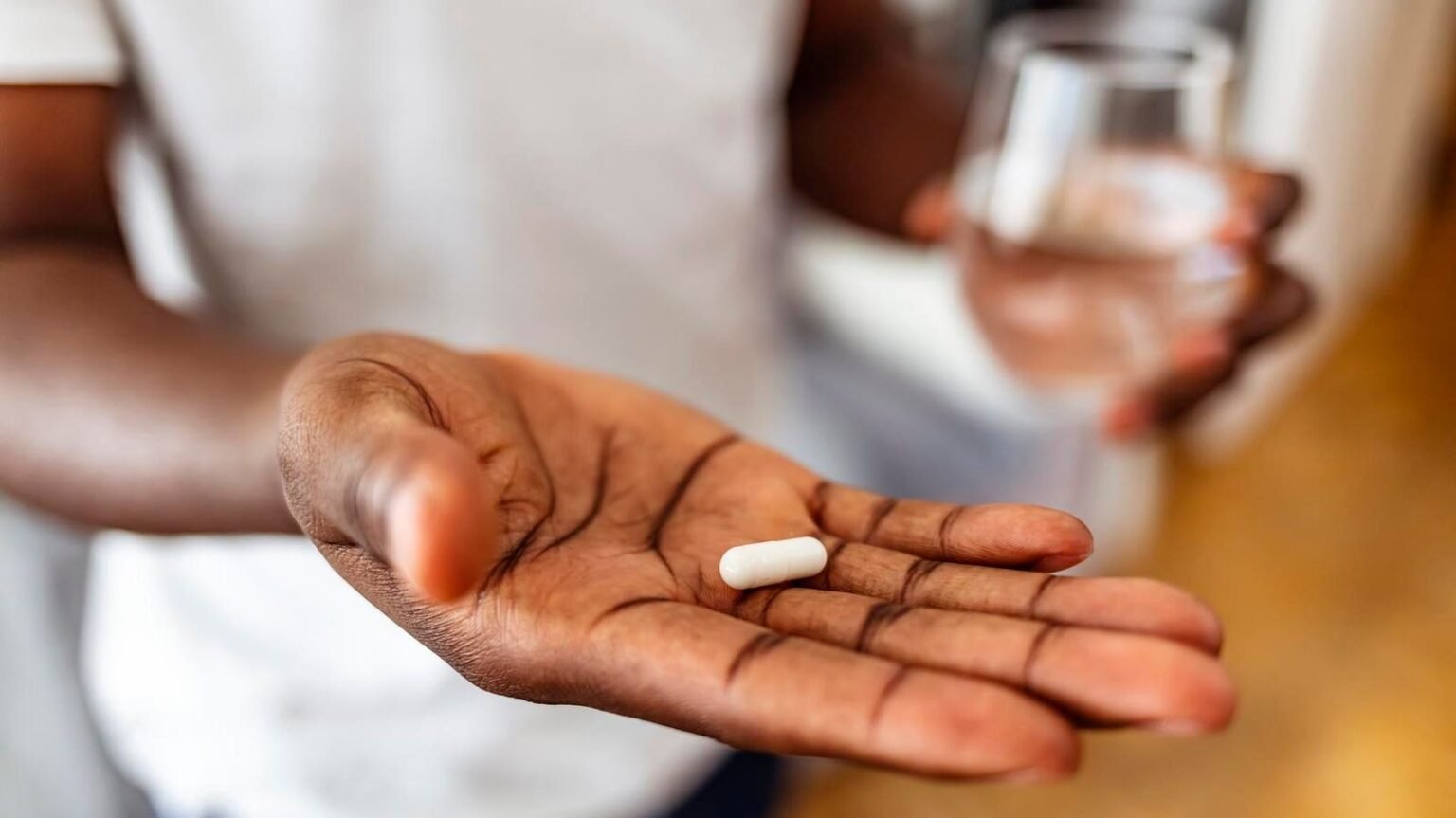Competition in the weight loss drug market is intensifying as companies like Roche, Eli Lilly, Novo Nordisk, and Pfizer develop oral medications that can help people lose weight without the need for injections. These drugs belong to a class known as GLP-1 agonists, which mimic a hormone involved in regulating blood sugar and appetite. While most proteins and peptides are usually delivered via injections due to difficulties in absorption in the gut, companies are making progress in developing oral formulations of these medications.
While developing effective oral formulations can be challenging, companies like Novo Nordisk are already marketing an oral form of a weight loss medication. Clinical trials have shown that oral drugs can produce comparable weight loss results to injected medications with similar side effects. These oral medications could offer an alternative for patients who are averse to injections and may result in lower manufacturing costs due to the elimination of injector pens. However, weight loss pills are several years away from being available due to the stringent testing process involved in bringing new drugs to market.
Novo Nordisk is currently leading the race to bring an oral weight loss drug to market with its existing oral GLP-1 drug, Rybelsus. However, the company is facing challenges in producing enough of the drug to meet demand, as well as issues with dosing, as the oral version requires a higher amount of semaglutide compared to the injectable one. Other companies like Lilly and Pfizer are also working on once-daily pills, while Roche has promising candidates in early-stage trials.
In addition to offering an alternative to existing injectable medications, weight loss pills could also help reduce environmental waste associated with injection therapies. However, some critics believe that companies may be hesitant to push for oral versions of their medications as they could be less profitable compared to injectable forms. The cost of oral medications could be lower for patients, making them a more affordable option in the treatment of obesity.
Overall, the development of oral weight loss drugs represents a significant milestone in the fight against obesity. While there are still obstacles to overcome, such as dosing and production challenges, these medications could offer a valuable alternative to those who prefer not to have injections. The continued progress in this area will provide patients with more options and potentially help reduce the environmental impact of current injectable medications.











